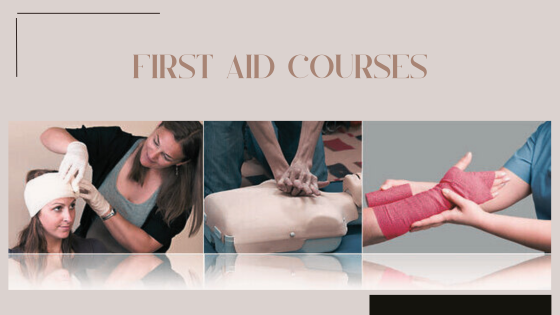
In the bustling city-state of Singapore, first aid training is widely regarded as an essential skill, bearing significant importance in fostering a community that’s prepared to handle emergencies. When searching for the best first aid course in Singapore, knowing the different types available and their respective focuses can be very beneficial.
Basic First Aid and CPR
Starting with the foundational level, the Basic First Aid and CPR training is a first aid course in Singapore that every individual can benefit from. The course typically includes lifesaving skills such as Cardio Pulmonary Resuscitation (CPR) and the use of an Automated External Defibrillator (AED). Students also learn how to manage common medical emergencies like choking, bleeding, shock, and injuries. Various institutions including the Singapore Red Cross, St John Ambulance Singapore, and the National Resuscitation Council offer this basic training, which is suitable for the general public.
Child First Aid
For those who work or live with children, Child First Aid courses offer a specialized training. These courses cover all basic first aid procedures but with a focus on paediatric emergencies, addressing potential issues such as childhood illnesses, injuries typical to children, and infant CPR techniques.
Occupational First Aid
Occupational First Aid courses are targeted at workplace emergencies and train individuals to respond to occupational hazards and work-related accidents. This type of course is mandated by the Ministry of Manpower for certain industries in Singapore and includes modules on risk assessment, management of specific injuries related to certain job functions, and the development of a workplace emergency response plan.
Sports First Aid
Designed for those involved in sporting activities, Sports First Aid courses prepare coaches, trainers, and athletes with the skills to handle sports-related injuries. This includes learning how to handle sports-specific injuries such as sprains, strains, overexertion injuries, and heat-related illnesses.

Advanced First Aid
Advanced First Aid courses are for individuals who require more in-depth knowledge such as professional first responders, lifeguards, or those pursuing a career in emergency medical services. Participants learn advanced techniques and use of medical equipment beyond the scope of basic first aid.
Wilderness First Aid
For outdoor enthusiasts, Wilderness First Aid training equips individuals to manage emergencies where medical help is delayed. This training includes survival techniques, management of natural hazards, and ways to improvise first aid materials from the environment.
Mental Health First Aid
An emerging and increasingly recognized field is Mental Health First Aid. This training focuses on providing initial support to individuals experiencing mental health crises. Participants learn to recognize the signs and symptoms of mental health issues, provide initial help, and guide a person towards appropriate professional help.
Choosing the Best First Aid Course in Singapore
Deciding which first aid course in Singapore best suits your needs depends on your occupation, lifestyle, and personal interests. For those working in certain industries, the Occupational First Aid course may be mandated and essential. If you are a coach or an athlete, a Sports First Aid course is appropriate, as it is specially designed to address common sports injuries. Parents and educators might find the Child First Aid course most beneficial as it focuses on pediatric emergencies.
Before making a decision, consider what you hope to achieve with the training. If it’s for professional reasons, consider the specific emergency scenarios you may encounter in your job. If it’s for personal development, consider situations in your daily life that may require first aid, such as partaking in high-risk sports or living in remote areas.
Conclusion
Singapore’s robust first aid training landscape typifies the city-state’s proactive stance on health and safety. From basic courses to specialized programs for specific segments of the population, Singapore offers a versatile range of training options that prepare individuals not just to save lives but contribute to resilient, informed communities. As first aid courses become increasingly tailored to diverse needs and accessible to all, Singapore continues to strengthen its collective capability to respond effectively to emergencies, creating a safer environment for all.


